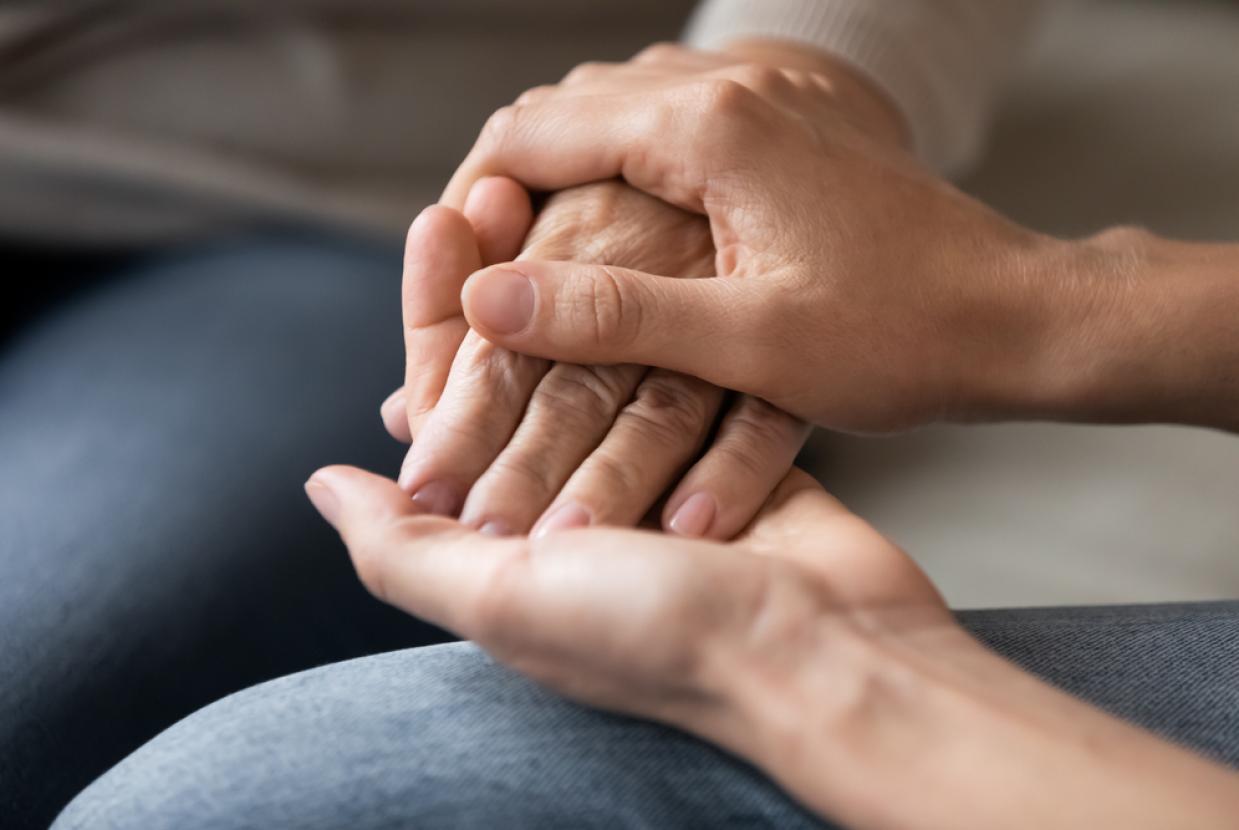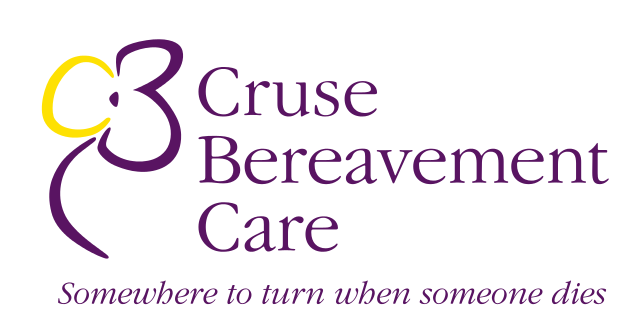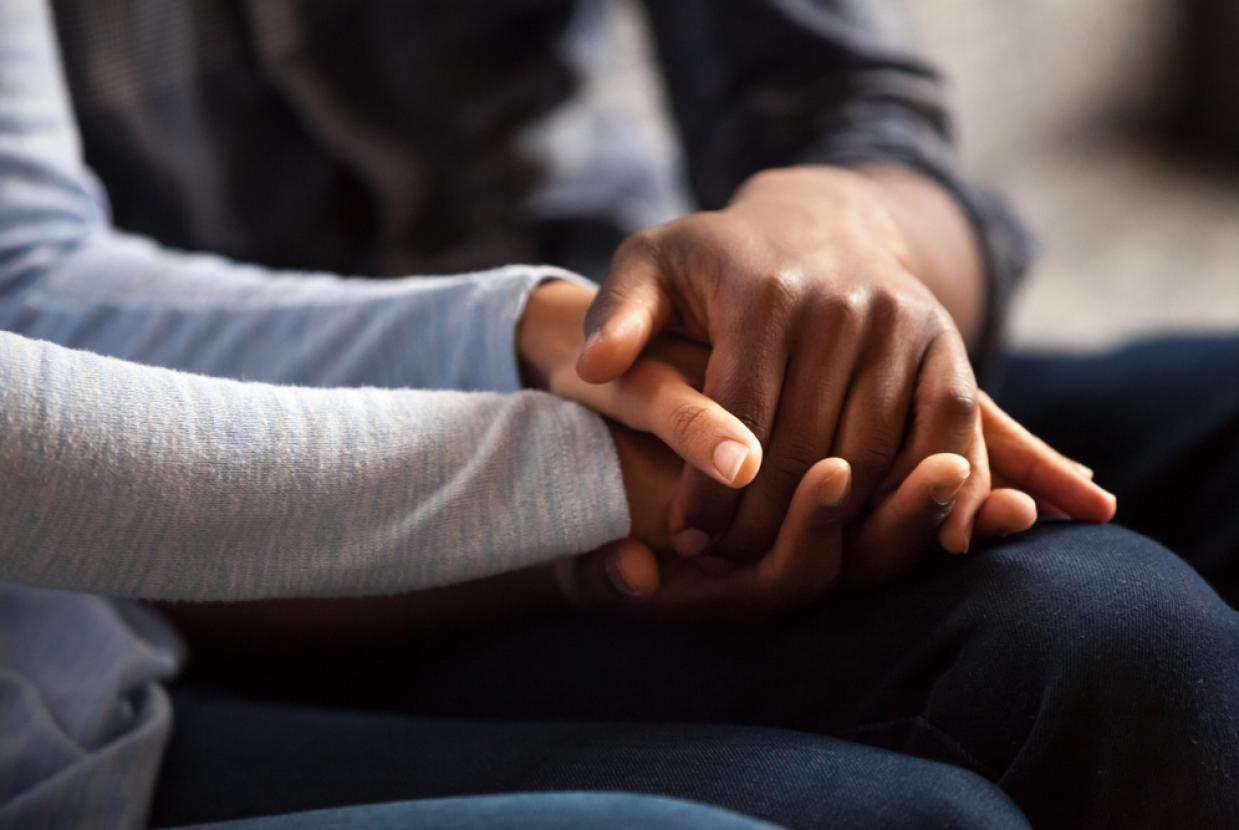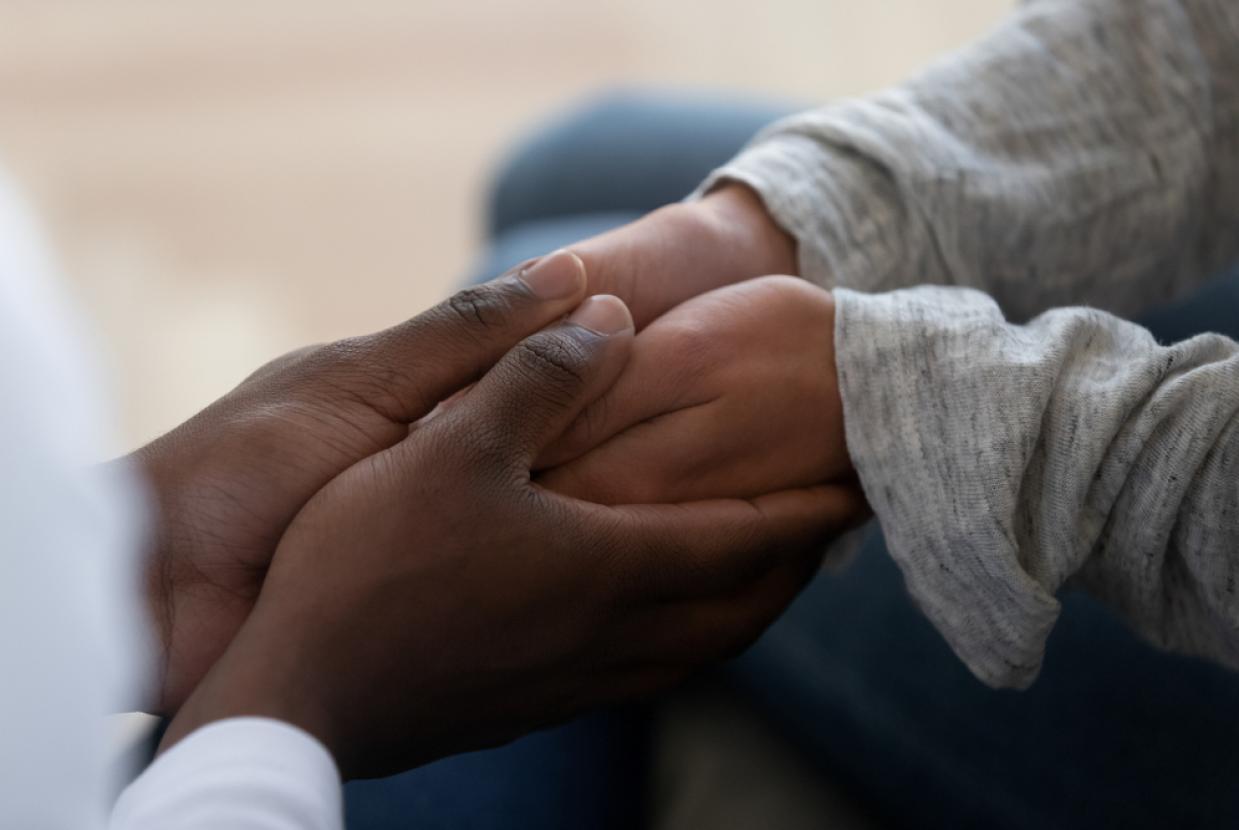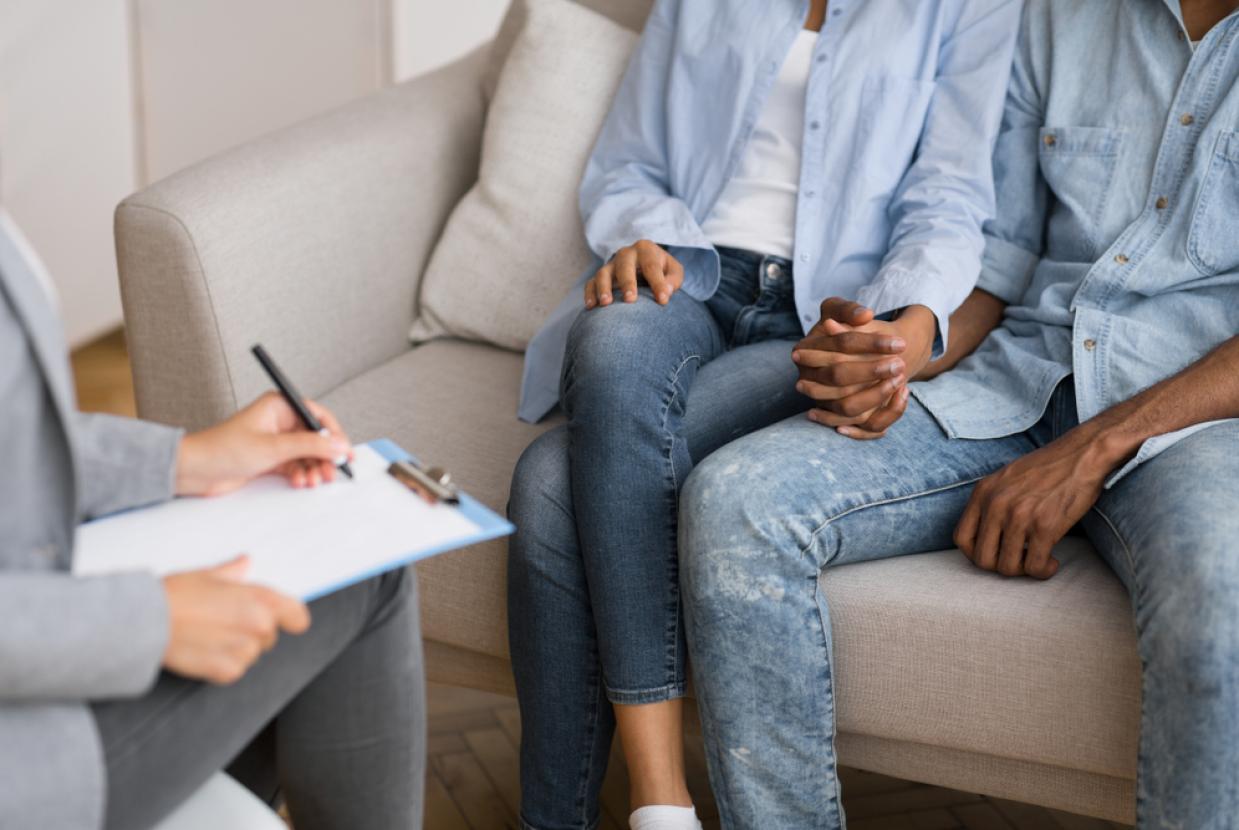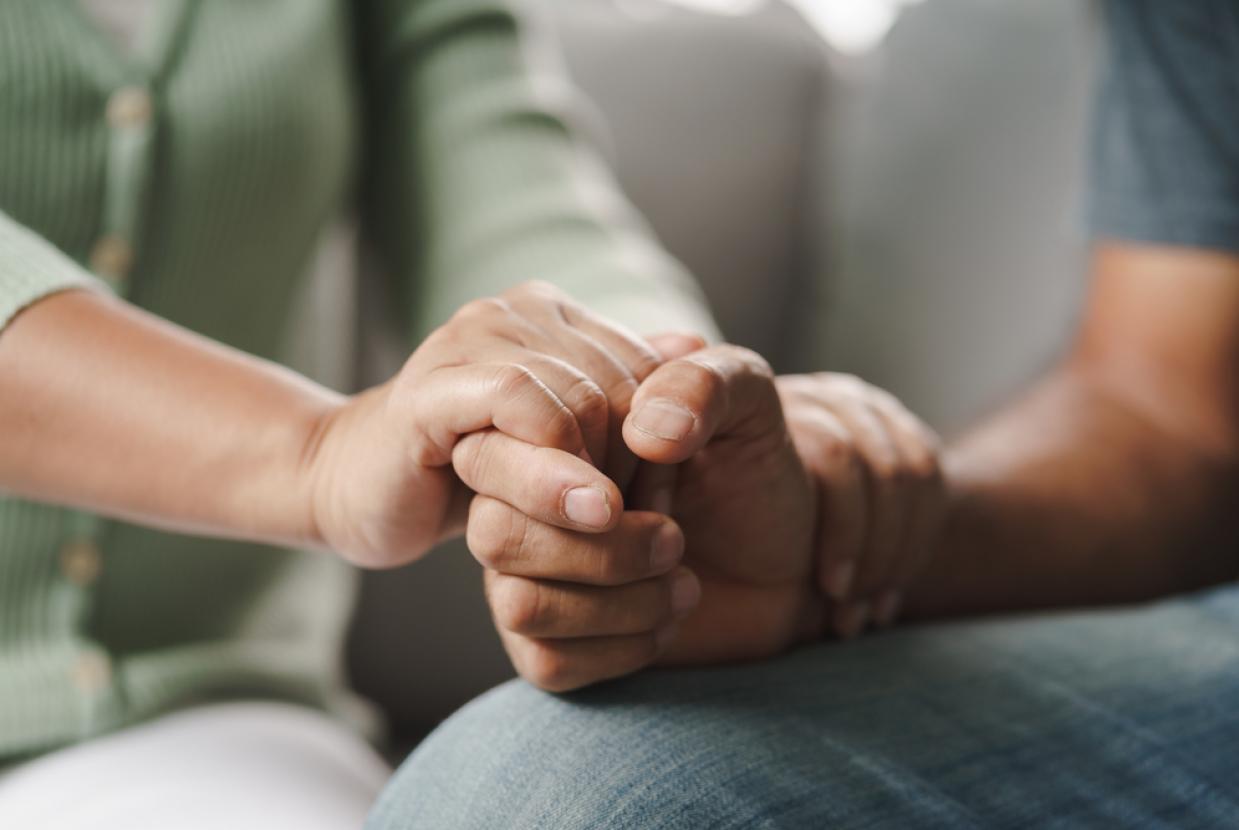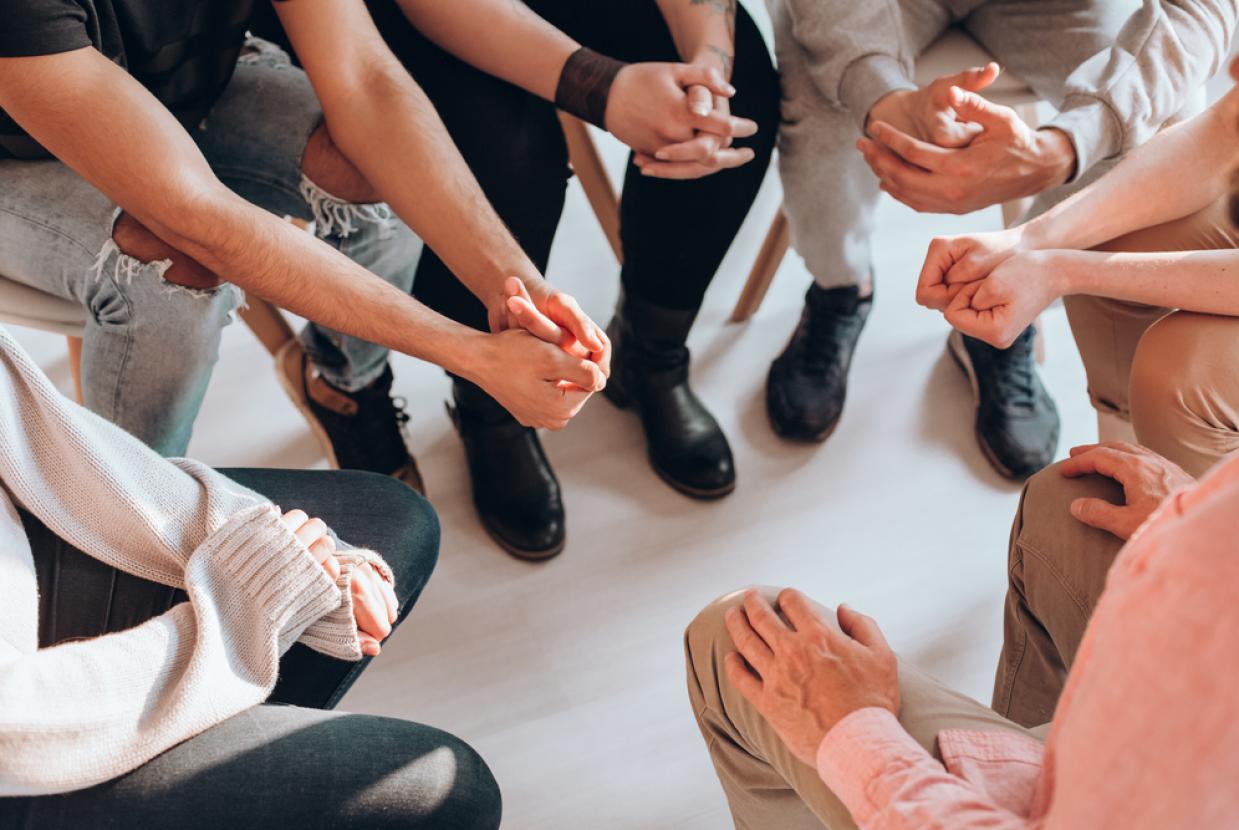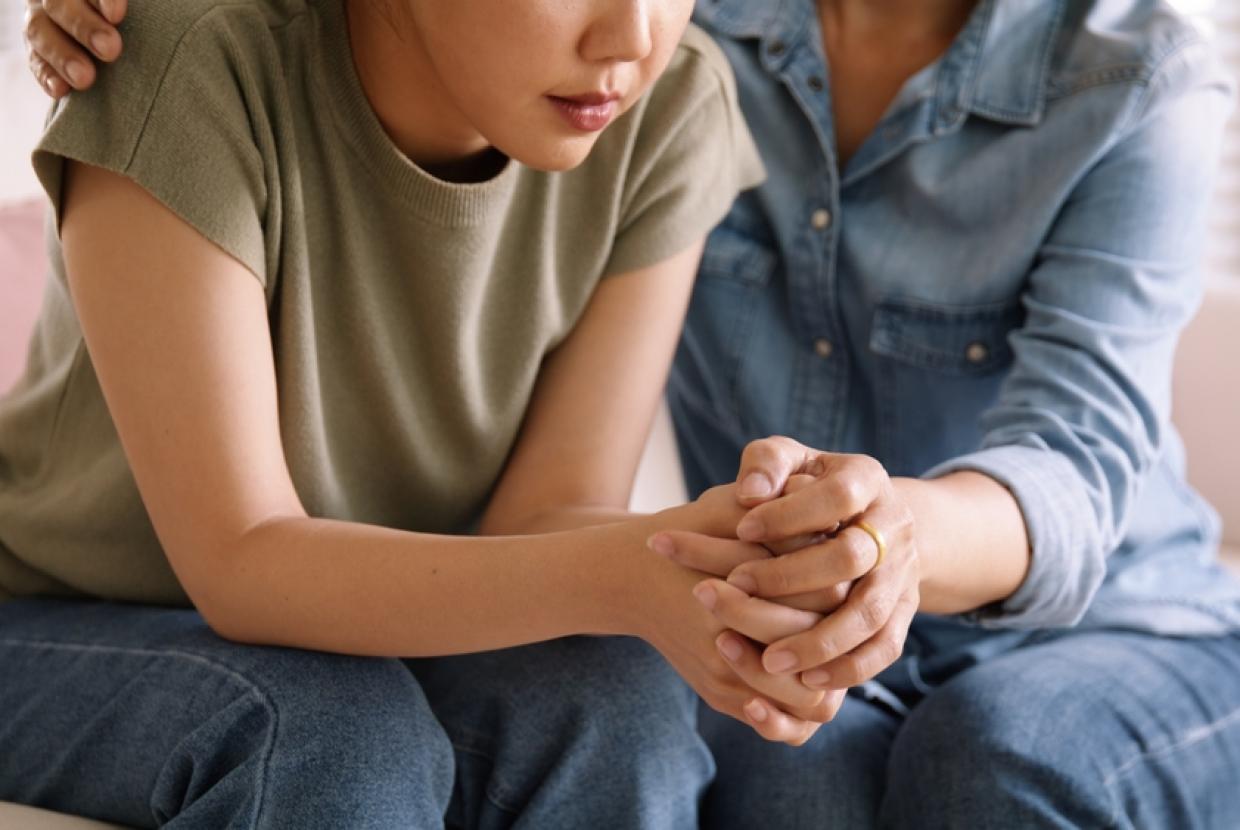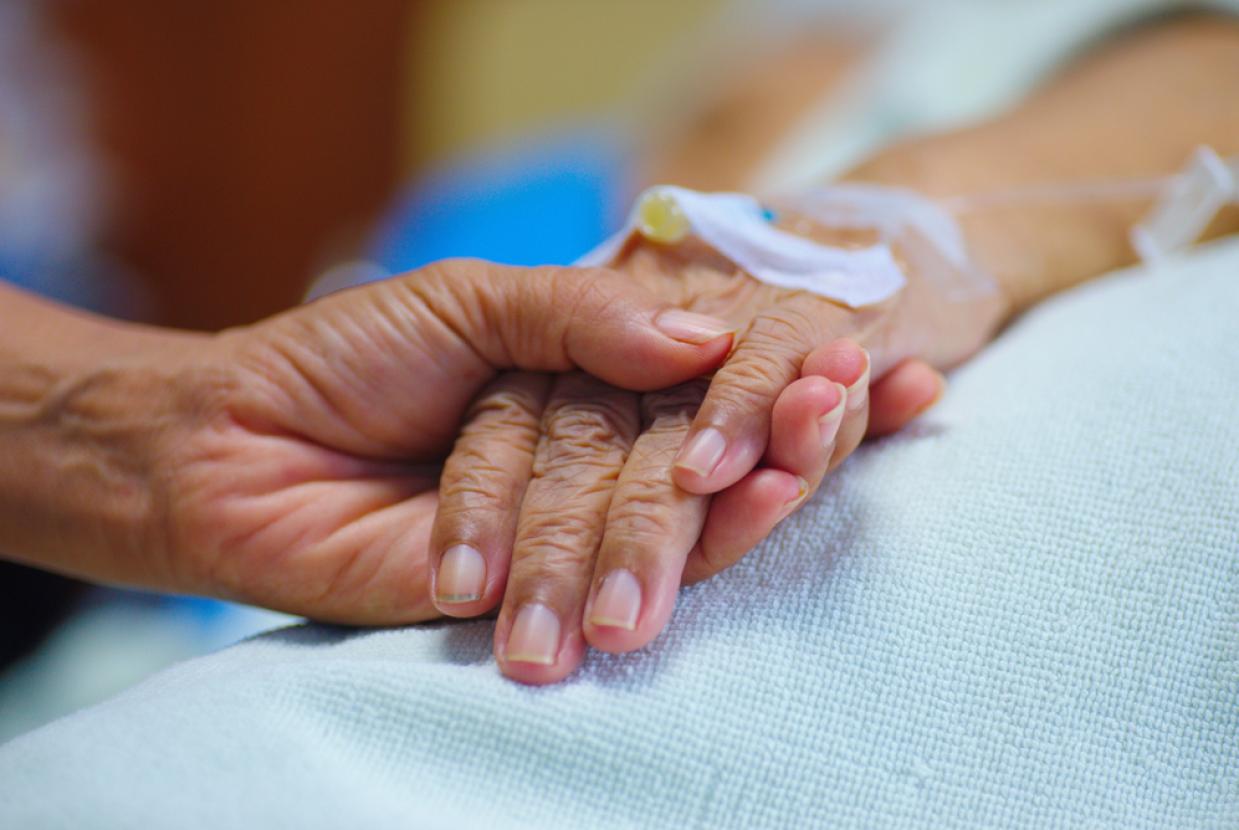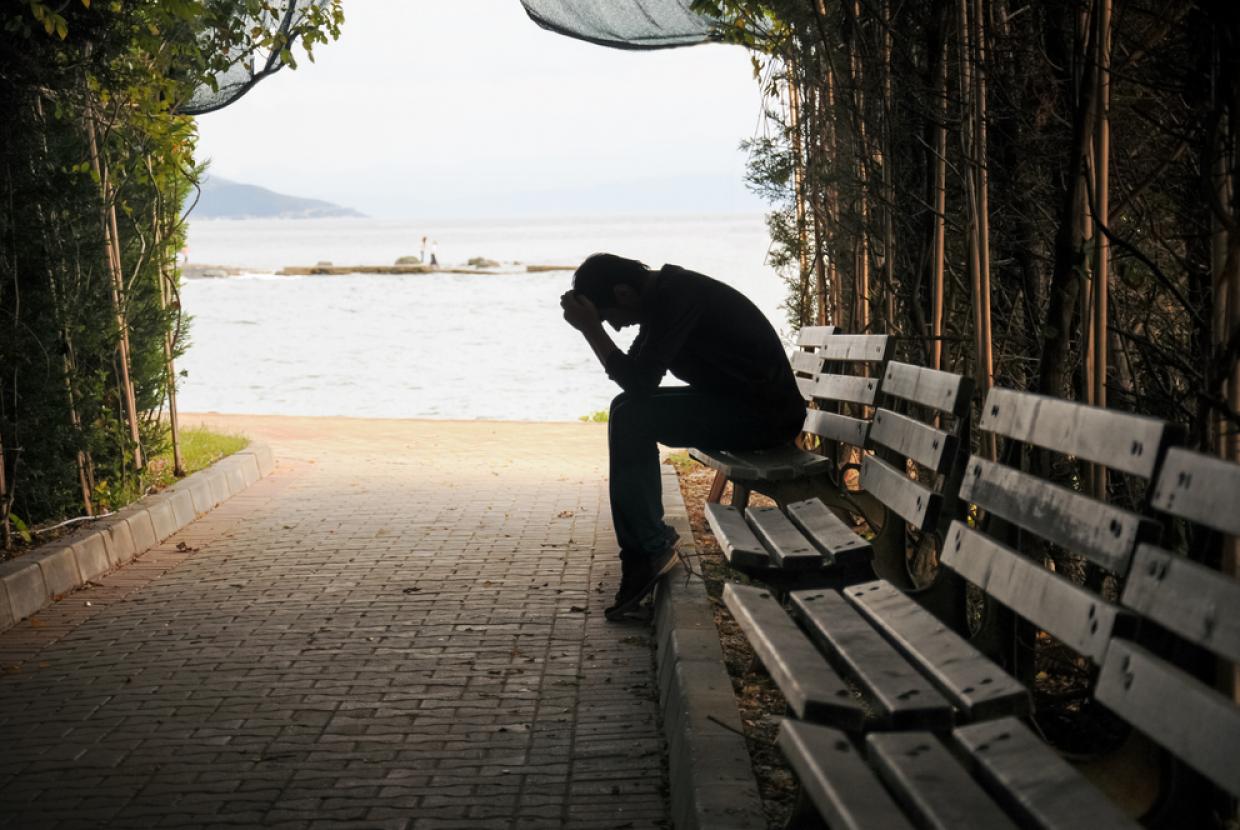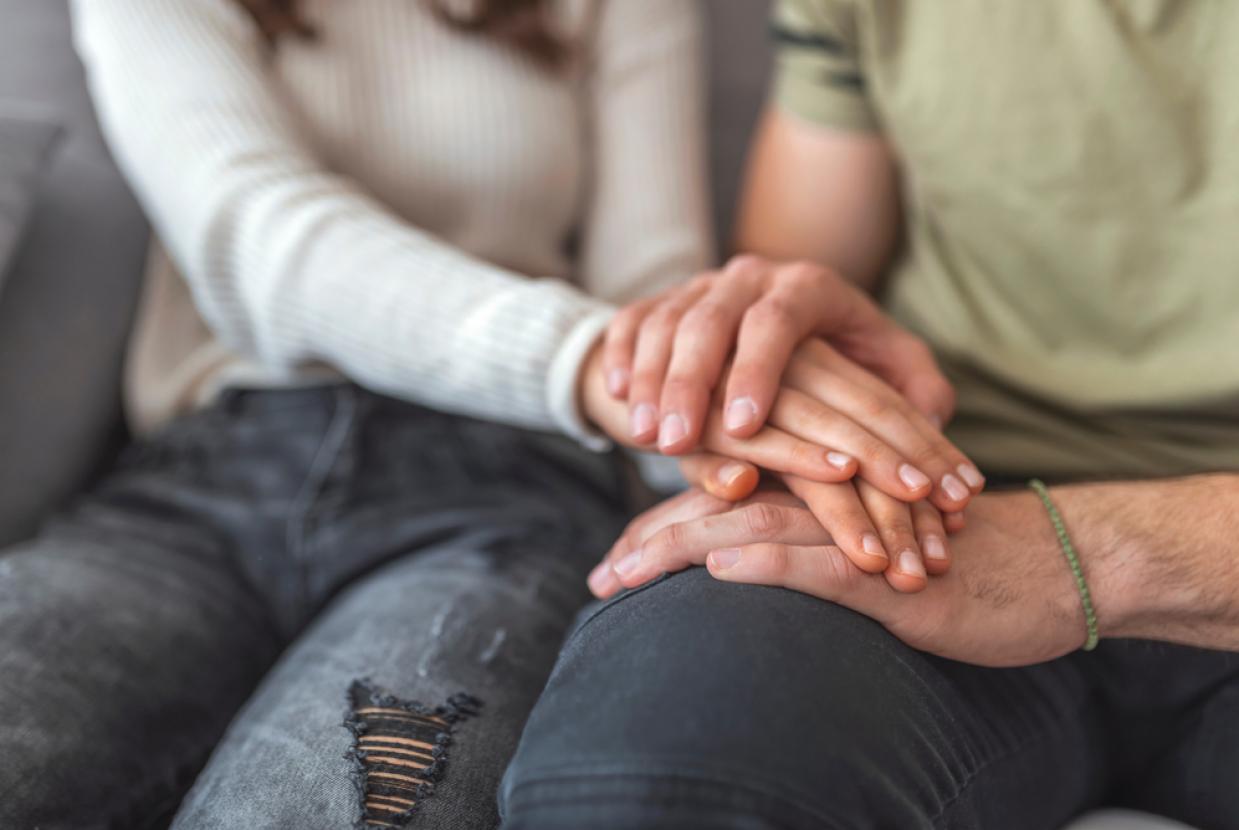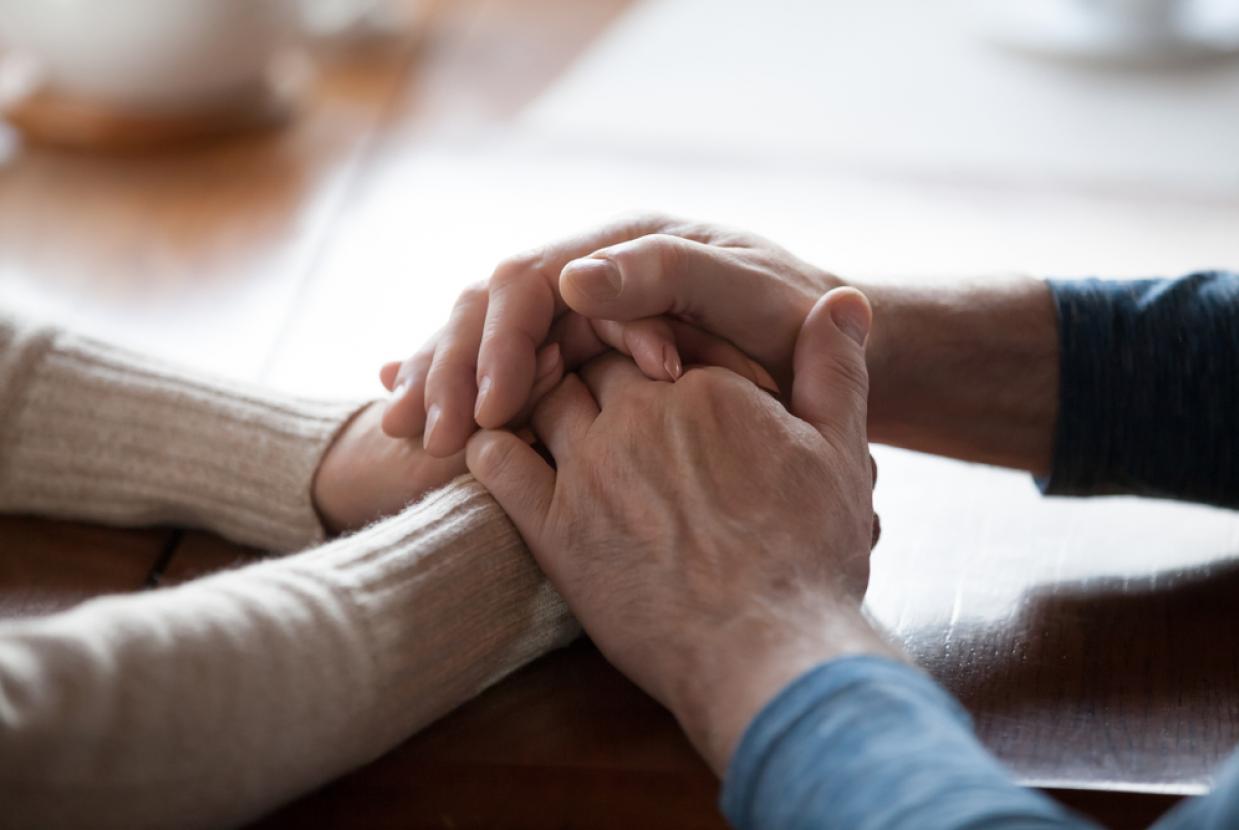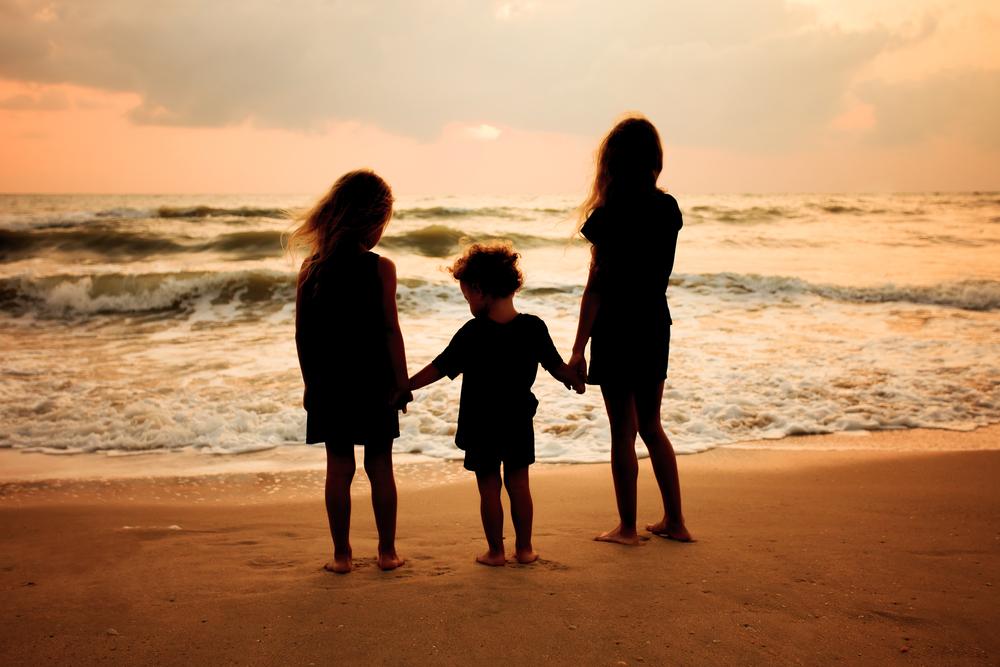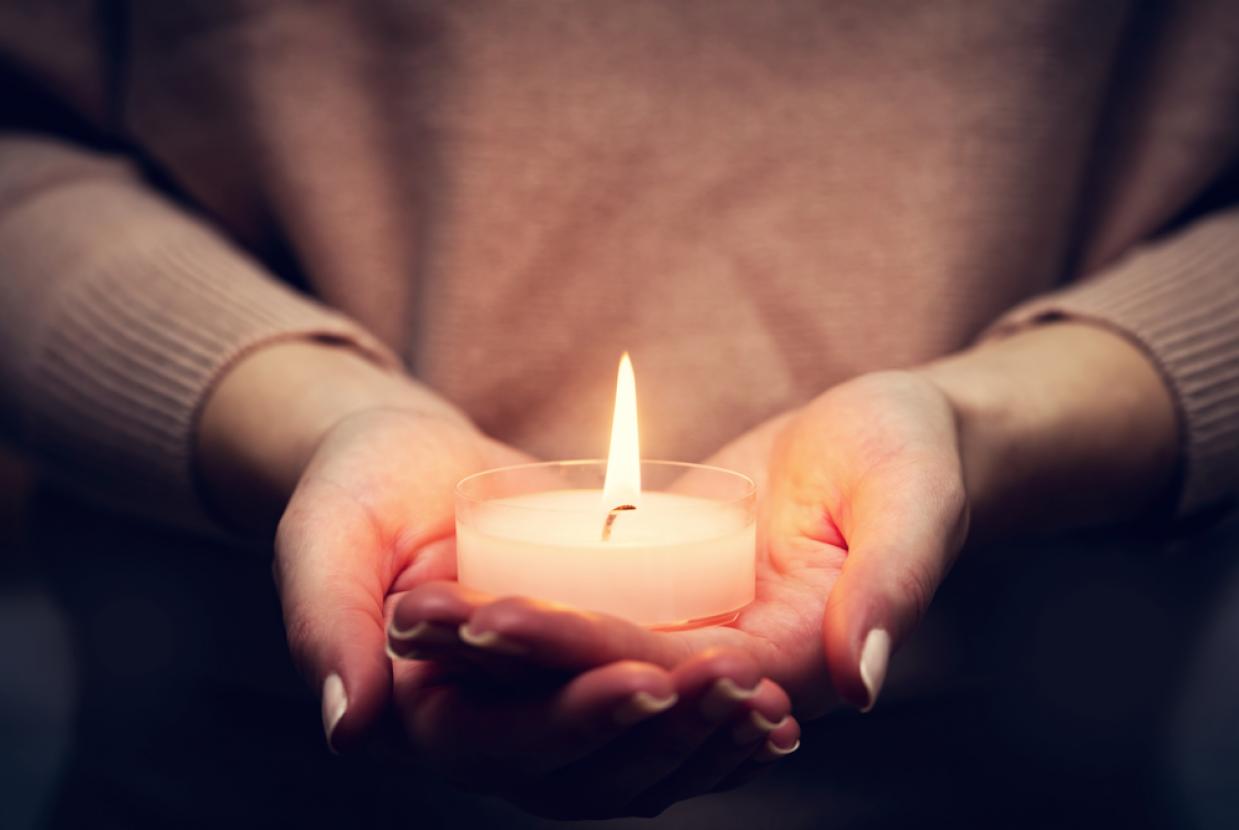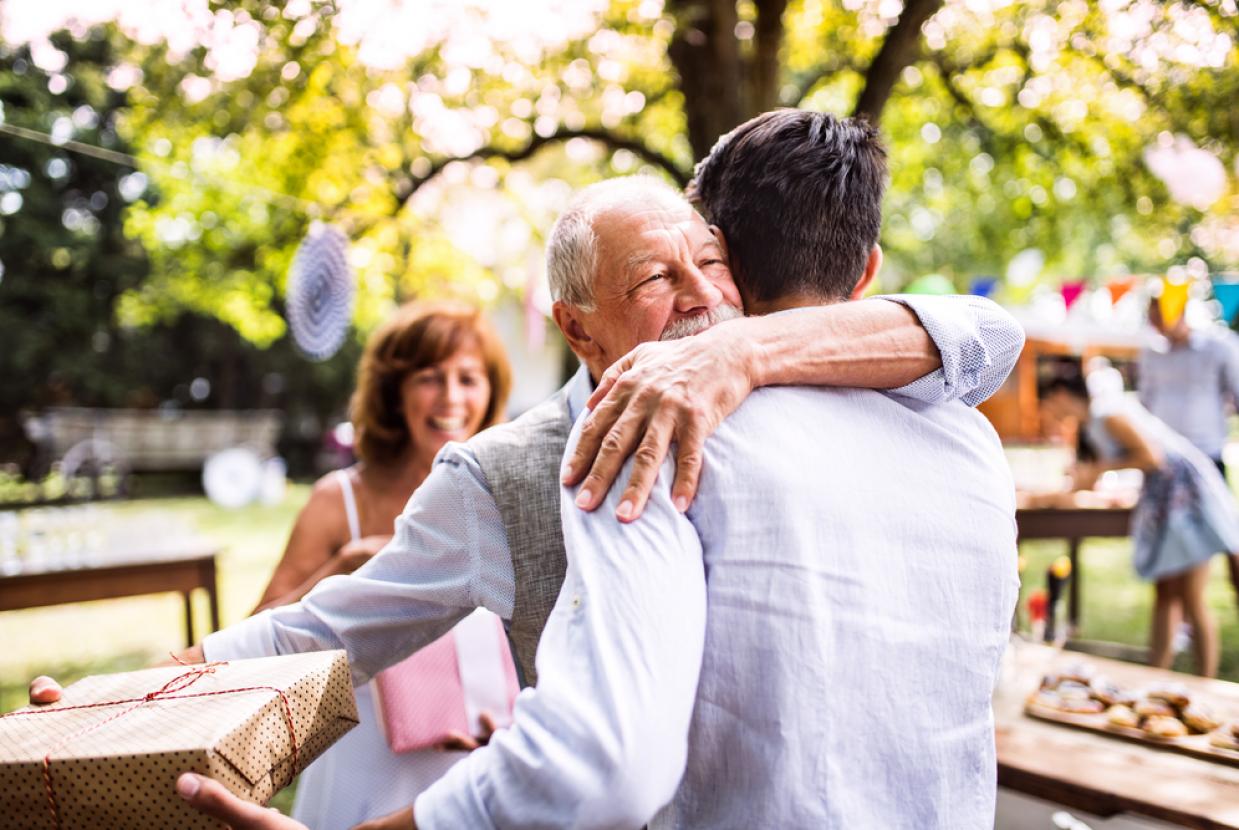Effects of Grief
What's it like to grieve?
Am I normal?
We answer some of the most common questions and concerns people have about how they feel when they are grieving.
What does grief feel like?
There’s no ‘right’ way to grieve and we each react in our own way.
Physical effects of grief
Grief affects the body in ways you might not expect. These changes can be really frightening.
Seeing, hearing or sensing someone who has died
It’s normal to see, hear or sense someone who has died. While this might be scary and unsettling, it doesn’t mean there is anything wrong with you.
How long does it last?How long does grief last?
People often ask us 'when will the pain stop?' But the truth is there are no set stages or time limits to grief.
Understanding the five stages of grief
You might have heard of the five stages. But what are they, and does grief really follow a set timeframe?
Growing around grief
We're often told there's a set timeline for grief. The growing around grief model challenges this idea.
Grief and mental healthGrief and mental health
Grief can impact our mental health and overall wellbeing.
Grief and loneliness
Millions of people in the UK report regularly feeling lonely. Grief is often one of the reasons why.
Grief and anxiety
While anxiety isn’t often recognised as a common reaction to grief, it's normal to find yourself feeling anxious or worried after a death.
Grief and depression
Feelings of sadness and hopelessness are really common after someone dies. It's important to recognise when you might need some extra support.
Complicated and prolonged grief
Over time most people start to adapt and feel better after someone dies. When someone becomes stuck or is still unable to cope after many months it is sometimes known as complicated grief or prolonged grief disorder.
Grief and suicidal thoughts
Suicidal thoughts during grief are more common than people realise.


